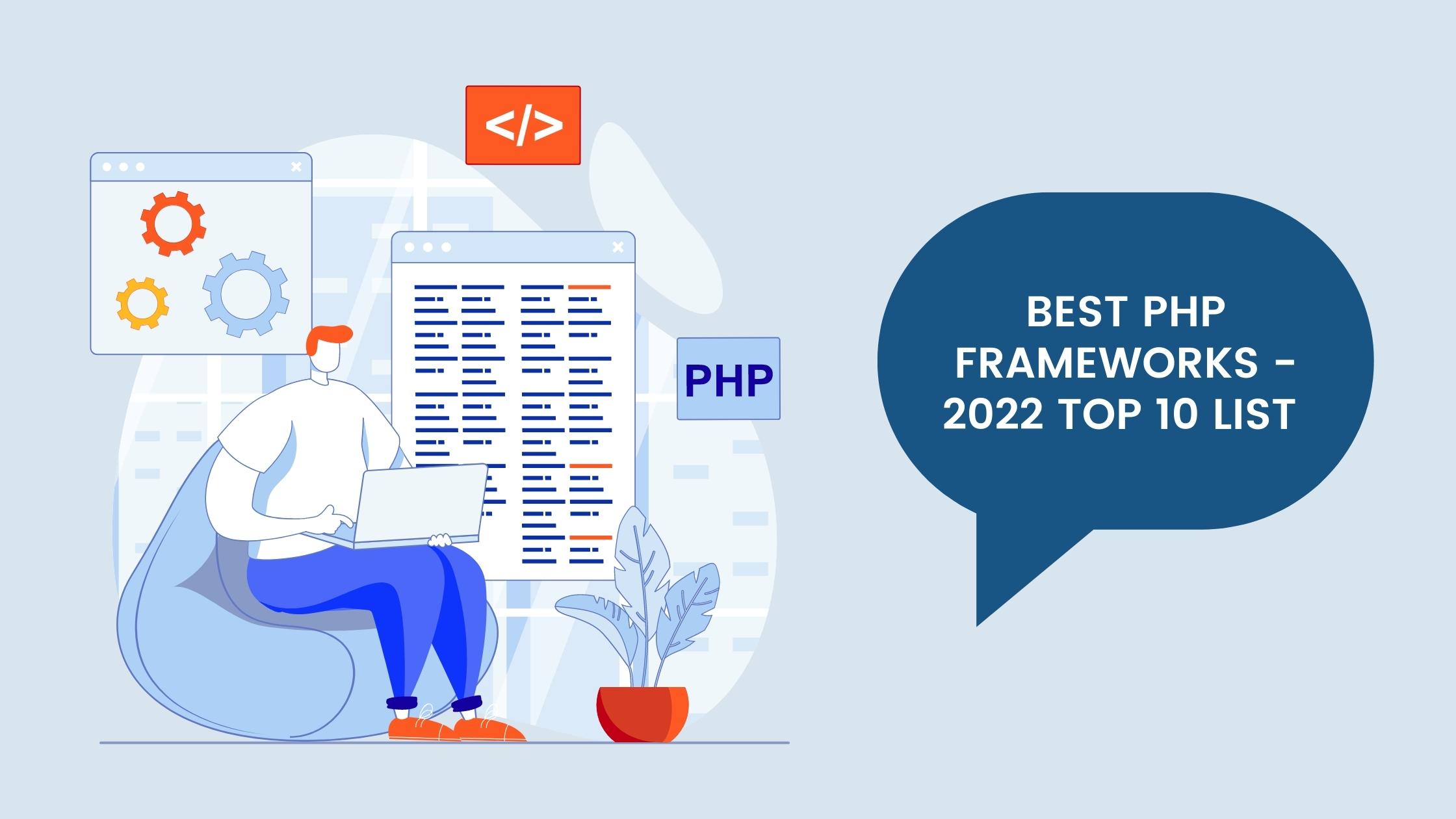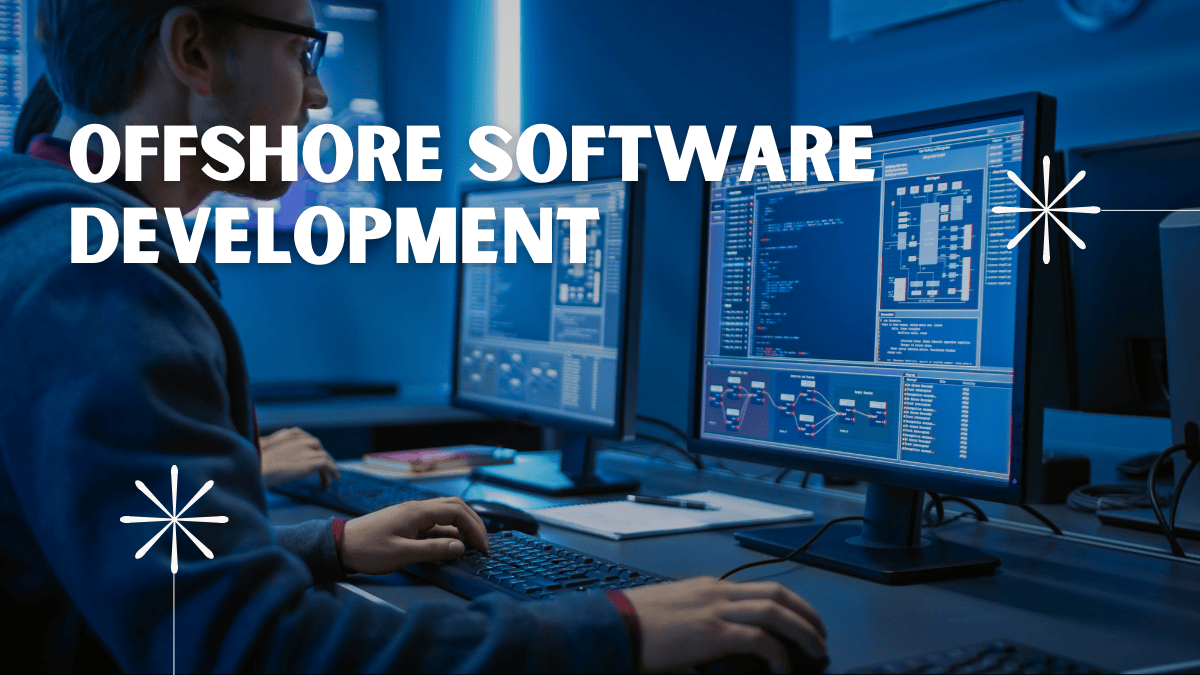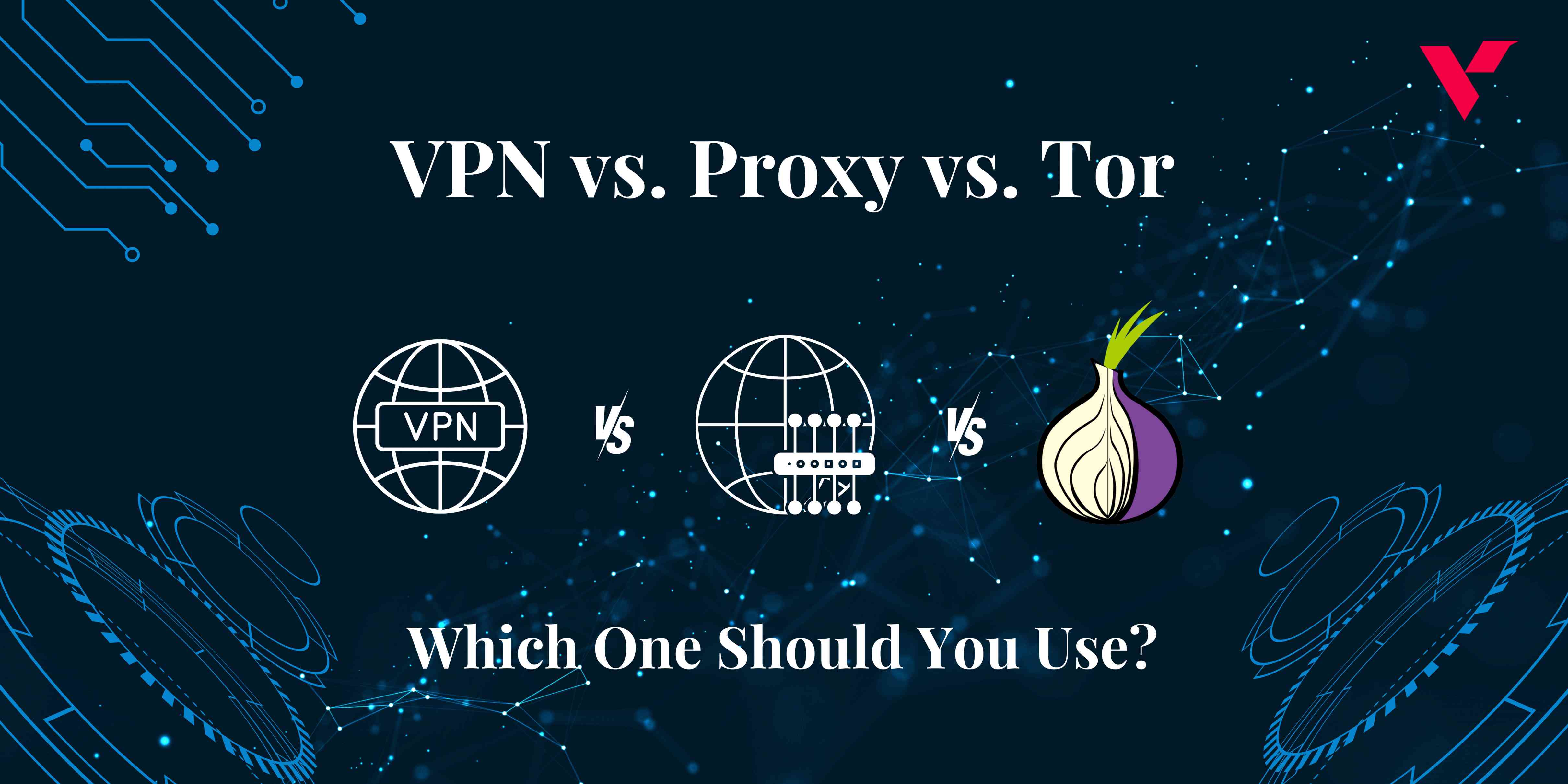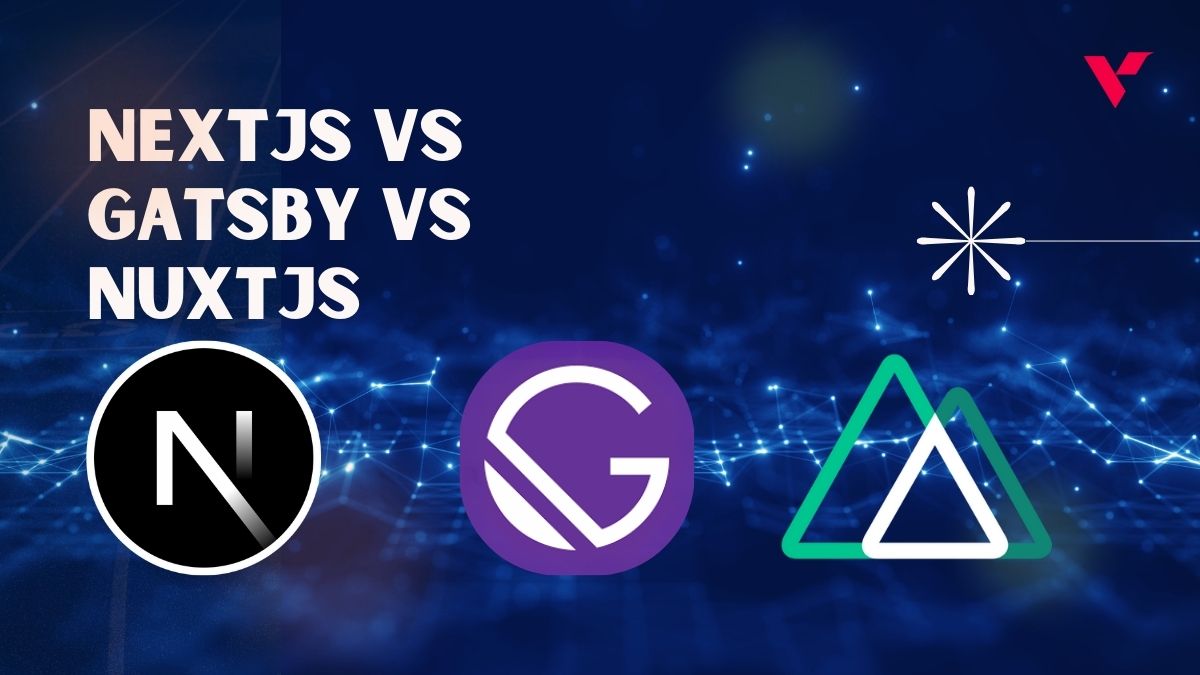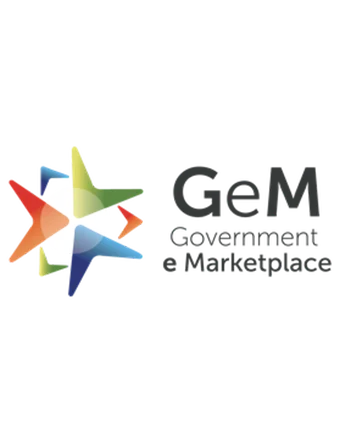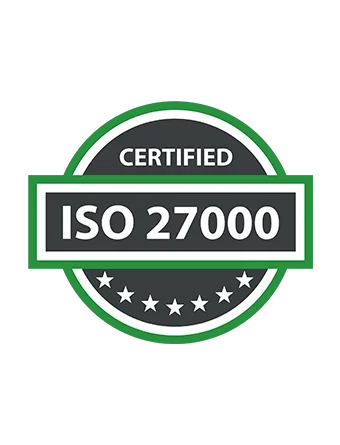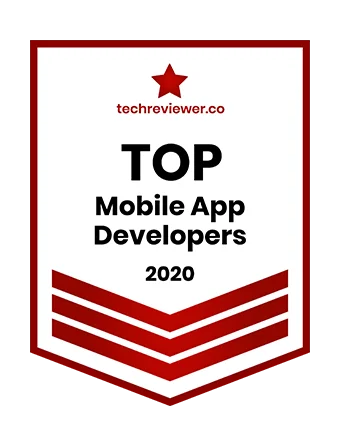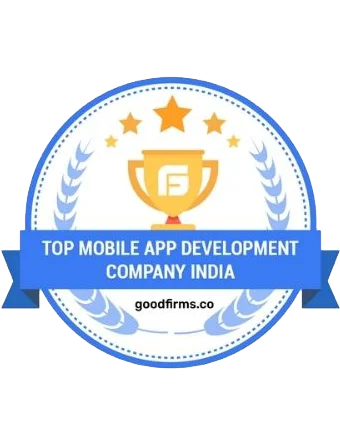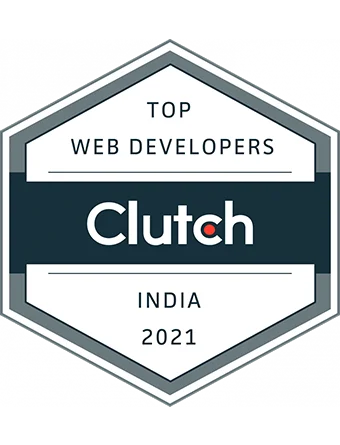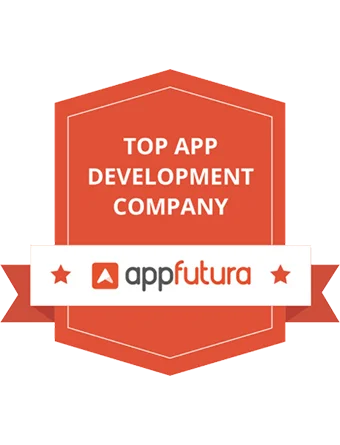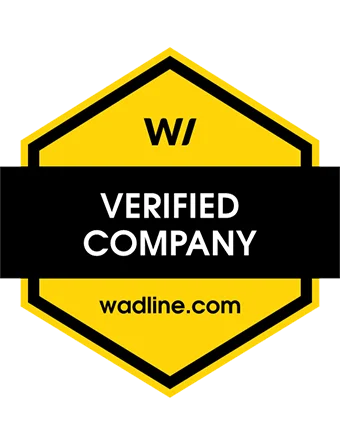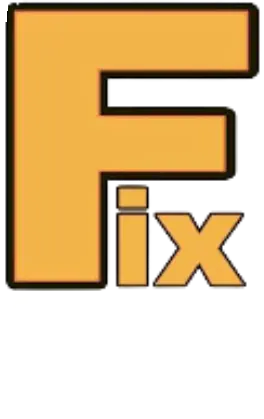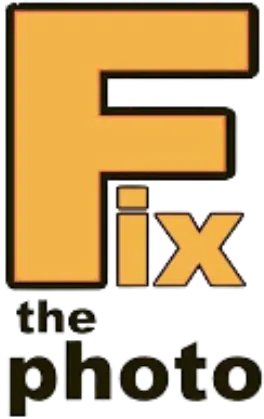Popular Tools by VOCSO
For your products to be a hit in the market, you must focus on every minute detail – from the moment the idea hits you till your marketing campaigns – nothing must be left compromised. Choosing the right web development company is something you might be well-versed with but choosing the correct language creates a challenge.
The complexity of websites has multiplied over time. To create these websites, developers must write hundreds of thousands of lines of code. Even worse, developers must start from scratch each time. PHP frameworks come in handy.
Table of Contents
What is a PHP framework?
PHP framework enables you to create PHP web and app applications. It typically consists of libraries with pre-packaged methods, classes, and components for implementing software design patterns. Furthermore, the language is not limited to HTML and can create and export a wide range of text and graphic files.
The PHP frameworks provide clean, reusable code. One advantage of such code is that it allows the project to scale quickly, allowing it to grow alongside you. Top PHP frameworks can assist you in completing your project fast and effectively, whether you are a beginner or an expert.
Not all frameworks address the exact needs; in some cases, we can use multiple frameworks. Application frameworks include web application frameworks (such as Django, Ruby on Rails, Symfony, and Catalyst) and desktop application development frameworks (Cocoa on Mac, Qt on cross-platform). Some frameworks address specific development issues, such as logging, persistence, and ORM frameworks (for example, Hibbernate in Java, SQLAlchemy in Python, Propel in PHP…), as shown in the diagram.
PHP frameworks simplify the development of PHP-based web applications by providing a basic structure for building web applications. In other words, PHP frameworks promote Rapid Application Development (RAD), saving developers time, allowing them to create more stable applications, and reducing the amount of repetitive coding. Frameworks can also assist beginners in developing more stable applications by ensuring good database interaction and coding on the presentation layer. This gives you more time to develop the web application than writing repetitive code. The Model View Controller is the general concept underlying the operation of a PHP framework (MVC).
Why use the PHP framework?
This widely-used open source language is specifically used for web application development and can be embedded within HTML. Using a PHP framework in 2022 has numerous advantages. The benefits are so compelling that once you’ve gotten used to them, you’ll probably never want to go back to not using frameworks. But what exactly does using a PHP framework provide? Some advantages:
1. You can source libraries for common elements.
Some of the tasks that web app developers perform are common ones. Form validation, data sanitization, and CRUD operations are some examples (Create, Read, Update, and Delete). Instead of writing your functions for the tasks, you can simply use the ones provided by the framework.
2. The development process is comparatively faster.
Development time is reduced because PHP frameworks include built-in libraries and tools. The CakePHP framework, for example, includes the Bake command-line tool, which can instantly generate any skeleton code you need would require. The PHPUnit library is a part of several popular PHP frameworks for simple testing.
3. Ease with collaboration
Developers can collaborate more effectively using a PHP framework because it keeps everyone on the same page as they work. Frameworks and their libraries adhere to a single set of code standards and rulesets, so you’ll never have to worry about miscommunications or code that goes in the wrong direction.
Using PHP frameworks allows you to maintain consistent coding standards across the board. Furthermore, because there is less confusion, design decisions become easier to make as a team.
4. Needs less maintenance
PHP frameworks encourage DRY (Don’t Repeat Yourself) development and code refactoring. As a result, the codebase requires less upkeep. Aside from that, PHP frameworks make code easy to read and understand for fellow team members, allowing any developer to carry on the project and continue with development.
5. Protection against common vulnerabilities
Because they allow easy access to a larger audience, web applications are among the most popular targets of hacker attacks. Using a PHP framework with high-quality libraries reduces the likelihood of hacker attacks. Data sanitization is built into good frameworks that protect against common vulnerabilities.
The most popular PHP frameworks in 2022
Software development has been a complex component when creating reliable applications in a reasonable timeframe, necessitating the usage of modules, design patterns, and tools. This is where frameworks can make a significant difference.
This article will cover the most popular PHP frameworks and examine their key strengths and weaknesses. After reading this article, you’ll know which PHP frameworks can meet your specific web development requirements.
Let’s read about some of the best PHP frameworks to help your idea.
1. Laravel
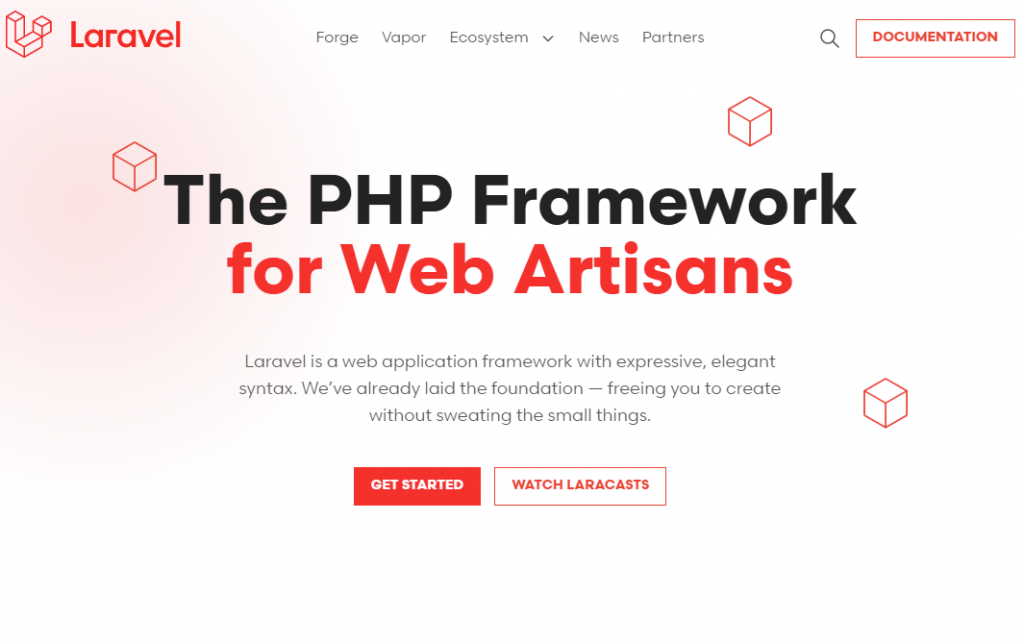
- Laravel was released in 2011 and has been at the top of the charts for quite some time now. Compared to other frameworks, its incredible success can be credited to its ability to manage complex web applications with increased security and speed. It also makes development easier by reducing the complexity of everyday tasks like sessions, routing, queuing, and authentication.
- It is built on an MVC architecture and employs its templating language, Blade, to simplify HTML layouts. Laravel uses Eloquent ORM to access databases, which is simple to understand and use.
- Eloquent ORM is an object-relational mapper (ORM) that lets you define models and relationships in PHP, which are then translated and executed as SQL. This helps to keep your code clean and simple while allowing you to switch to a different database system if necessary.
- Laravel is an excellent choice for small and large projects with sophisticated backend requirements. The introduction of Homestead, a preconfigured, all-in-one vagrant machine, has simplified Laravel installation. It is a PHP framework with numerous options for customizing complex programs, including seamless data transfer, MVC (Model, View, and Controller) architectural support, security, routing, a view template engine, and authentication.
- The BBC, the world’s oldest broadcasting organization and the largest broadcaster in terms of personnel, is one of the most well-known examples. Furthermore, 9GAG, Pfizer, TourRadar, and Crowdcube are some prominent companies that use Laravel.
- The source code for Laravel is available on GitHub and is licensed under the terms of the MIT License. It is a reliable framework because it adheres to very explicit language rules.
2. Codeigniter
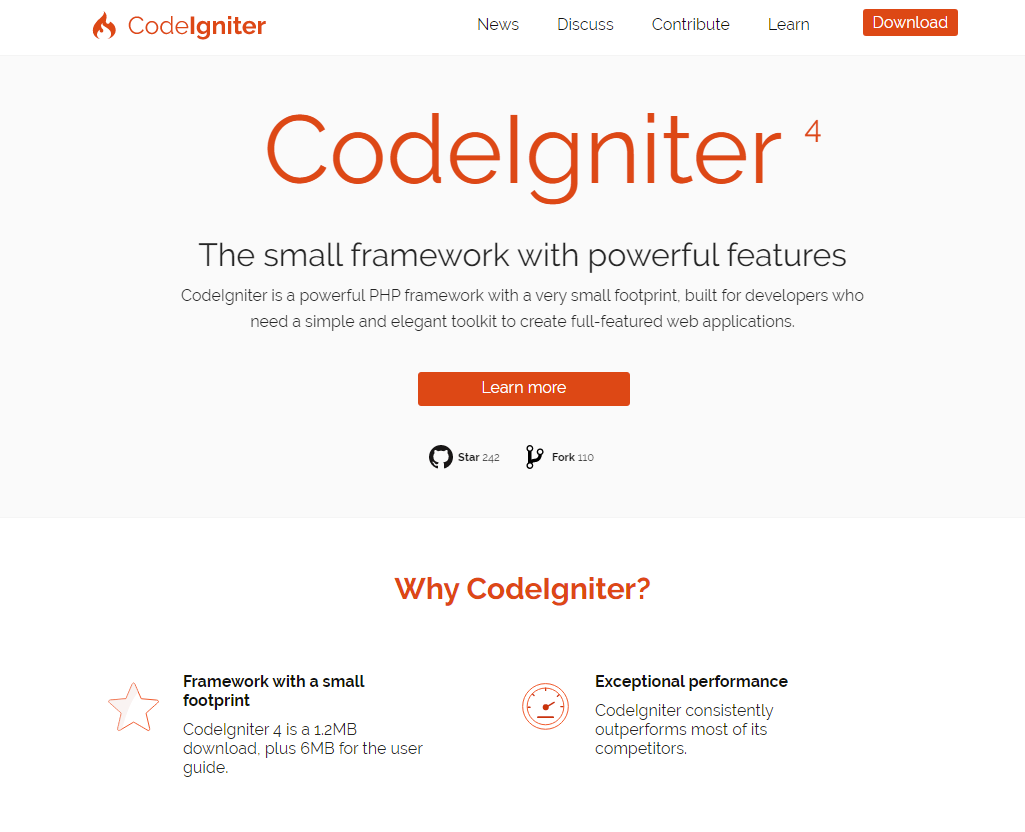
Rick Ellis, the founder of EllisLab, the company behind ExpressionEngine and CodeIgniter, mentioned once that he had spent time “researching and installing PHP frameworks, really banging on quite a few of them, and I was absolutely dismayed.”
- CodeIgniter is a PHP-based MVC framework that allows developers to create new projects quickly. One of its advantages is that it is not a restrictive framework and can be used as a toolkit to accelerate development.
- It supports caching, multiple databases, routing, and other features in modern web applications. These functions are neatly packaged and can be used in various ways.
- Compared to other frameworks, CodeIgniter is a lightweight and simple PHP framework. Its simplicity of use and well-illustrated instructions make it ideal for newcomers. Highlights include MVC design, excellent error handling, security tools, and simple and excellent documentation.
- CodeIgniter outperforms competing frameworks in terms of speed. Because of its strong performance, it is a viable option for developing lightweight apps for small servers. Codeigniter is used by various companies, including Udemy, Medical Guardian, and QuinStreet.
- CodeIgniter appears to be designed for developers seeking simple, well-structured frameworks for creating versatile and feature-rich web applications. It’s used for creating dynamic websites. It gives consumers much flexibility, so they don’t have to rely solely on the MVC development method. Third-party plugins are permitted, allowing for even complex functionalities.
3. Symfony
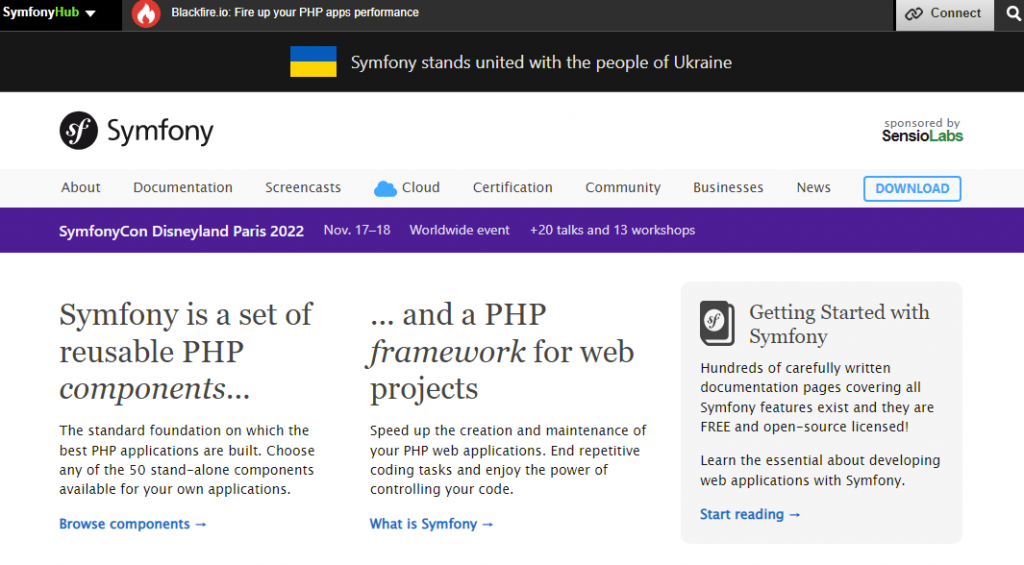
- Symfony is an established framework that has transformed PHP development. Apart from being a framework, it provides a collection of reusable components that can be used in any PHP project. These components are found in many open-source tools, including Laravel. SensioLabs maintains and supports Symfony, which has hundreds of contributors and a thriving developer community.
- Symfony is based on the MVC design pattern and provides object-relational mapping via Doctrine ORM. When creating views, it employs the Twig template engine to assist you in rendering HTML.
- Many developers prefer Symphony because of the availability of reusable libraries and components that can be used to complete various tasks such as authentication, templating, object configuration, and much more.
- Many well-known brands use Symfony components, including Joomla, Drupal, and Magento. Symfony is also used by websites such as Intelius, Foot District, Sainsbury’s Magazine, and others.
4. Phalcon
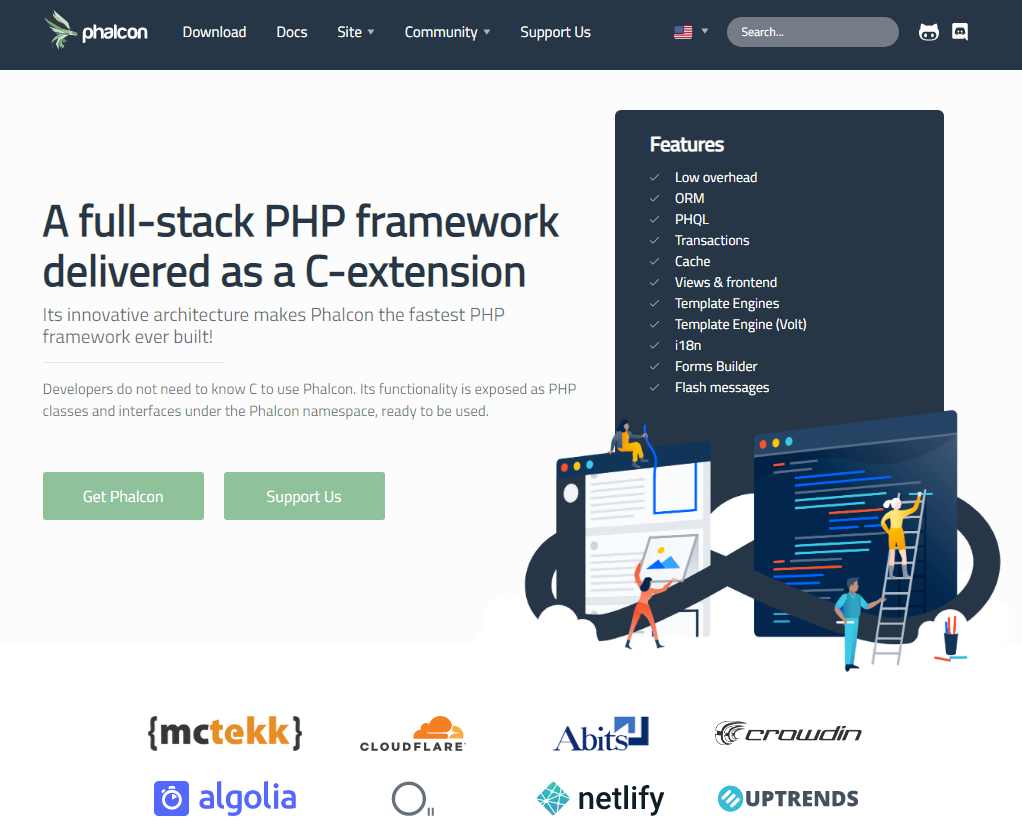
- Phalcon differs from other PHP frameworks in that its development style is based on C and C++. It does, however, include many development options that enable you to create seamless web apps.
- Phalcon framework includes asset management, caching, a universal autoloader, and much more. Easy to use and understand, it contains extensive documentation to help developers better understand the PHP framework.
- The Phalcon framework’s most notable feature is its lightning-fast performance. This is because, unlike other frameworks on the market, it only uses a few resources. Speed can be critical for developers who work with systems that don’t have a lot of overhead.
- Since 2012, the framework has been continuously updated, with numerous upgrades in recent releases. The most recent support release includes ORM, MVC, caching components, and PHP 7 support.
- Phalcon assists you in developing highly configurable web applications while adhering to enterprise development best practices.
- Built-in security and caching features assist developers in creating secure yet well-optimized applications. Phalcon is also quite efficient in terms of memory usage, so it runs quickly and efficiently.
- Volt, Phalcon’s extremely fast templating engine, makes it easier to create views.
5. CakePHP
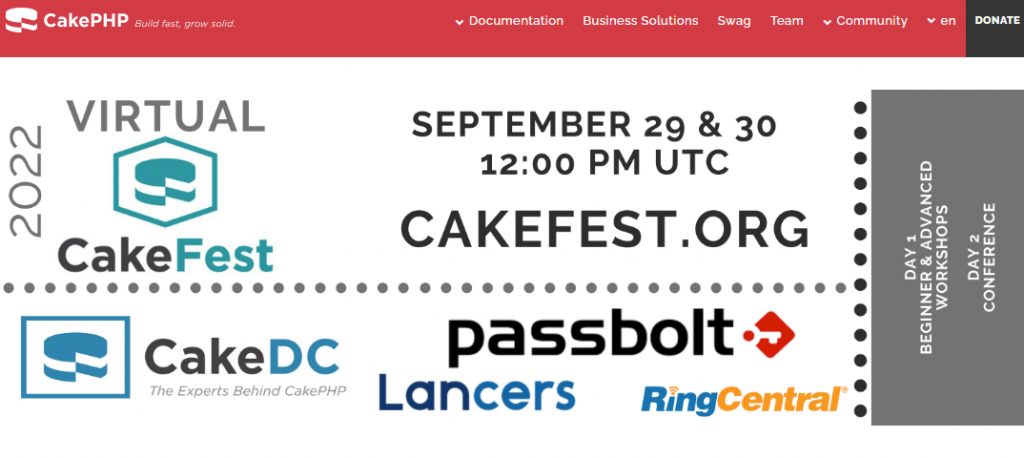
- CakePHP is an excellent choice for commercial application projects because it provides advanced security features such as SQL injection prevention, cross-site request forgery protection, and cross-site scripting protection.
- Proper class inheritance, validation, and fast builds are among the other features. The framework is supported by its parent company and has numerous support portals.
- CakePHP allows you to create PHP applications with minimal configuration quickly. It includes built-in features that assist you in coding the business logic for your application. It also consists of a flexible database access layer and powerful features for creating simple and complex software systems.
- CakePHP is simple to start with; all you need to do is install the framework. You’re good to go as long as you have a web server.
- ORM is built into this framework.
- CakePHP includes numerous security features that can assist with password hashing, encryption, SQL injection prevention, and other tasks.
- CakePHP is an excellent choice for enterprise-level application development.
6. Yii
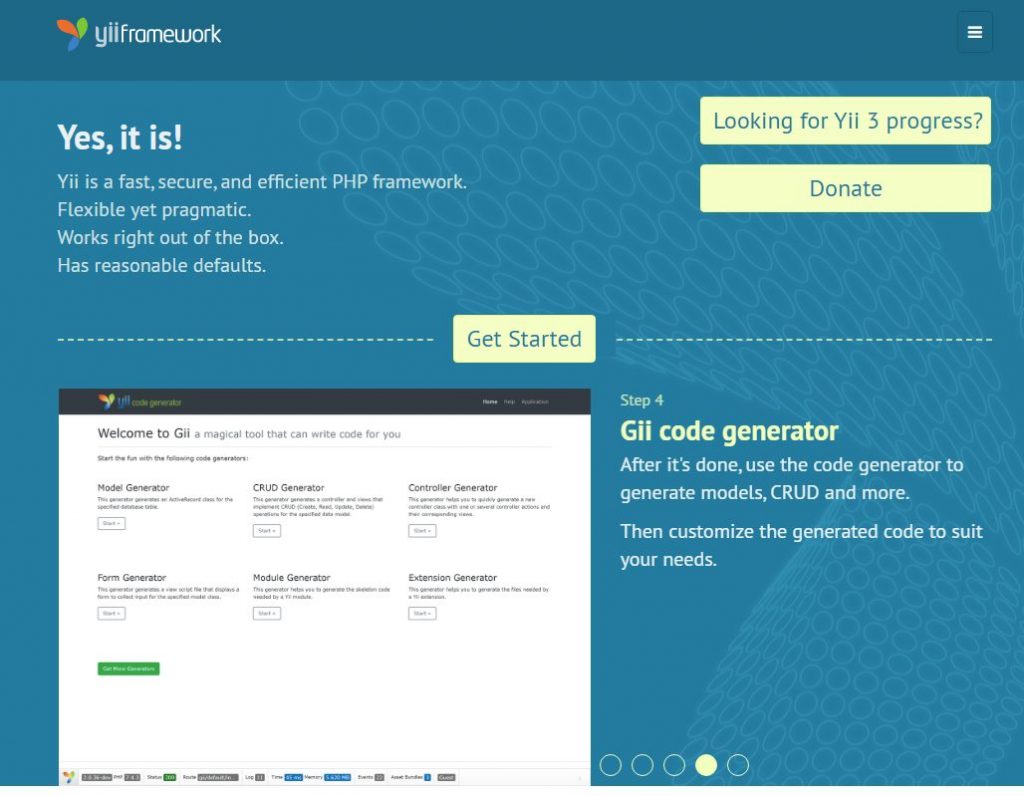
- Yii, the name of this framework, means “simple and evolutionary” in Chinese. It also means “Yes, It Is!”
- Yii can get you up and running in minutes. The documentation is well-written and simple to understand.
- It includes various security features, including bcrypt password hashing, encryption, authentication, and authorization. Best practices for preventing SQL injection, XSS, and CSRF attacks are provided in the documentation.
- Yii is an open-source framework for building PHP-based applications. It is based on OOP and MVC patterns and adds less overhead by concentrating on core functionality.
- Yii is recommended for building performant web applications because it is much faster than other frameworks. It is used for multiple creations – blogs, SaaS applications, and social media websites.
- Yii provides automated CRUD generation through its visual tool Gii.
- It is a full-stack framework that supports many front-end AJAX operations, such as input validation.
- Because of its lightweight, it provides excellent performance and quick loading times.
7. Slim Framework
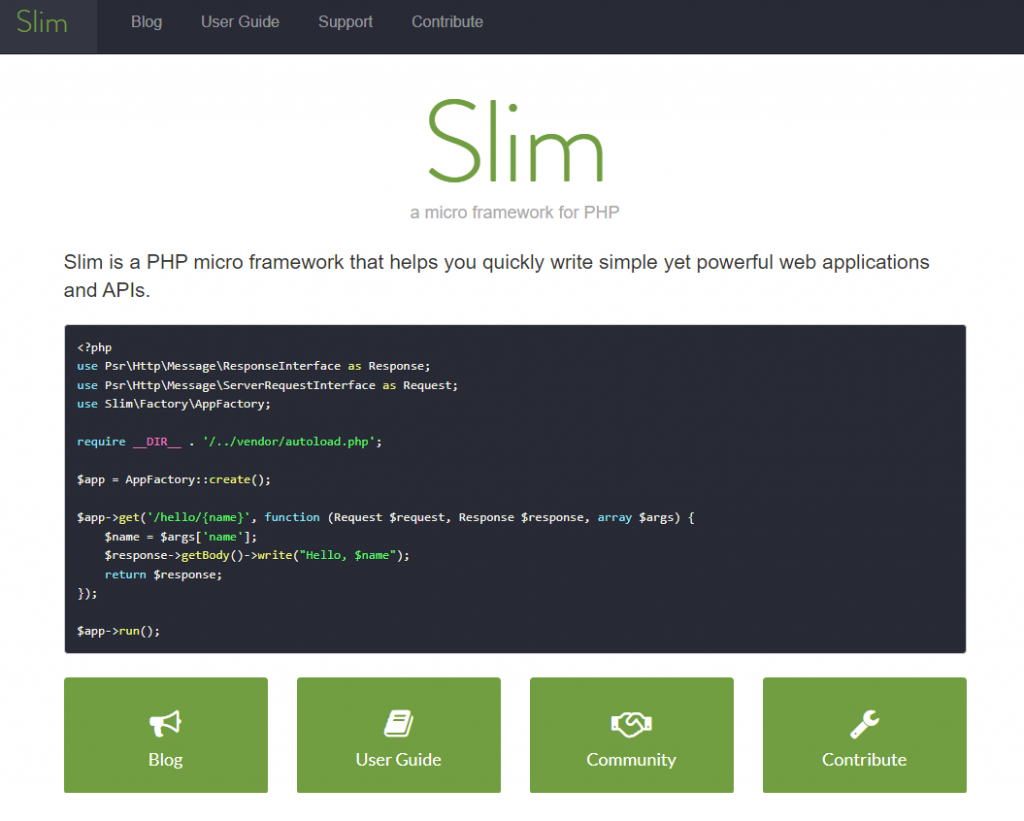
- Slim is a micro-framework written in PHP. It contains fewer features than a typical framework but aids in developing simple yet powerful web apps and APIs.
- It includes routing, middleware, and advanced request handling to assist you in quickly developing applications. Database access tools, common in most frameworks, are not a part of Slim but can be installed as external dependencies using the Composer dependency manager.
- Slim is well-suited to developing microservices, restful APIs for single-page applications (SPAs), and scalable systems.
- It is not restrictive and provides much freedom while supporting essential features such as dependency injection, middleware, and routing.
- Slim comes with no ORM by default, but you can use any ORM you want by installing it separately.
8. Laminas Project
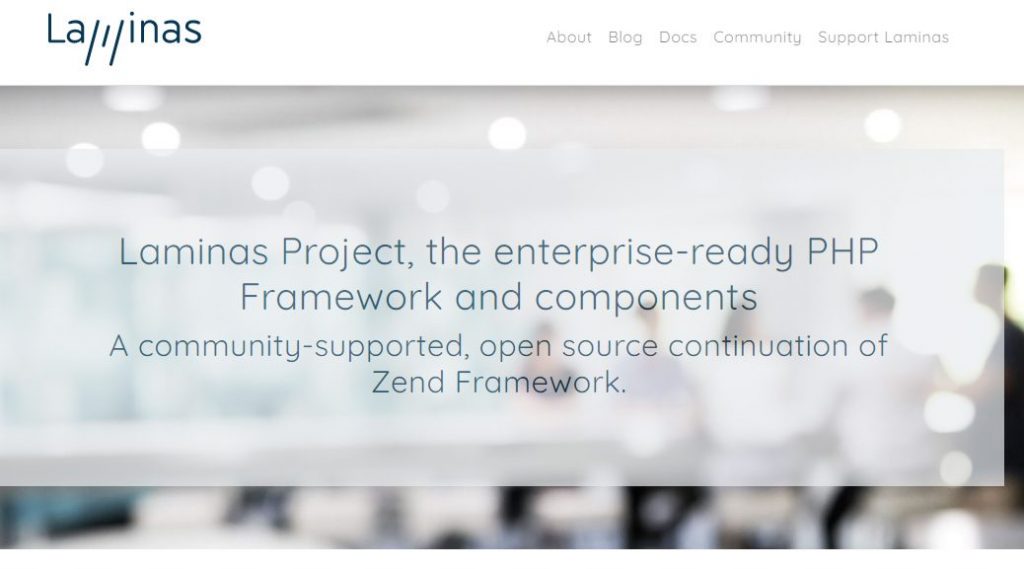
- Laminas is Zend’s PHP framework’s successor. Laminas Projects is also known as a glue framework due to its component-based design.
- Laminas’ PHP framework is an object-oriented, MVC-based framework that allows you to load only the components you require as separate libraries. Furthermore, the components and MVC framework follow corporate development principles, making them suitable for complex web applications.
- Laminas is Zend Framework’s successor. Leading organizations still use this well-known and beloved PHP framework to support many solutions in areas such as eCommerce, content management, healthcare, entertainment, and messaging. The community continues to contribute actively and improve it. Laminas is simply the next step in Zend Framework’s evolution.
9. FuelPHP
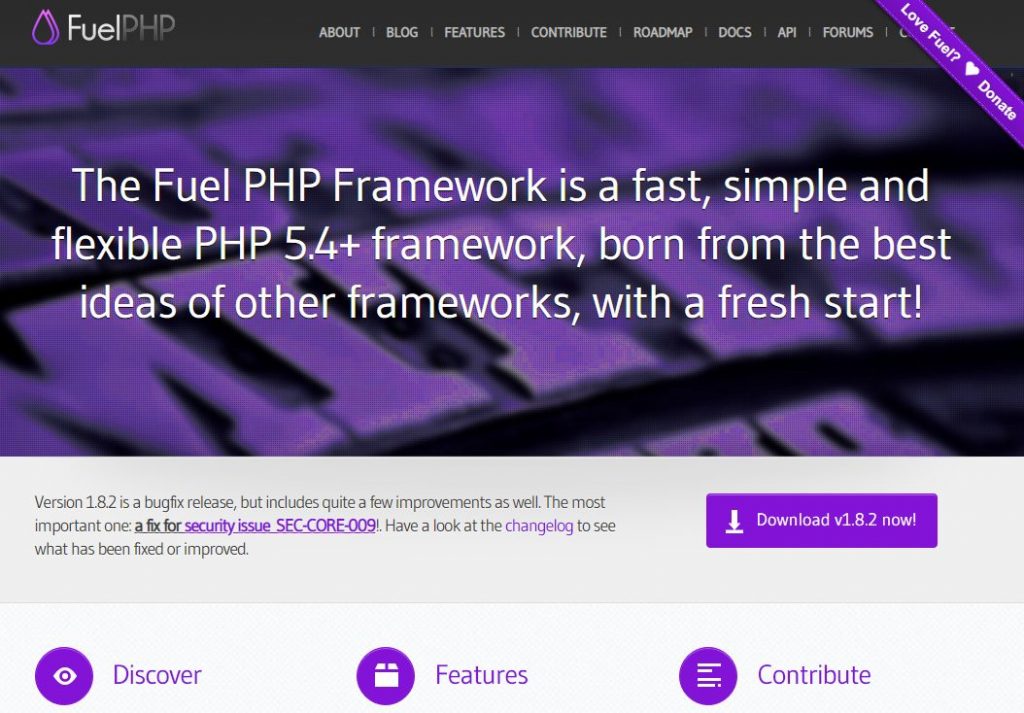
- FuelPHP is a full-featured PHP framework that first appeared in 2011. It is a highly adaptable and flexible PHP MVC framework for building apps.
- In addition to MVC, the framework supports Hierarchical Model-View-Controller (HMVC), a more advanced form of MVC. Unlike MVC, HMVC does not require duplicate content displayed on multiple pages. And so it consumes less time and requires less memory.
- FuelPHP allows developers to build full-stack web applications of varying sizes and complexity.
- Key aspects include HMVC implementation, RESTful implementation, a URL routing system, vulnerability prevention, and a caching mechanism.
- Its security strategy goes above and beyond standard security procedures, making it an excellent choice if the security of your project is critical. FuelPHP is a newer framework with less support and a potentially steeper learning curve.
10. Lumen
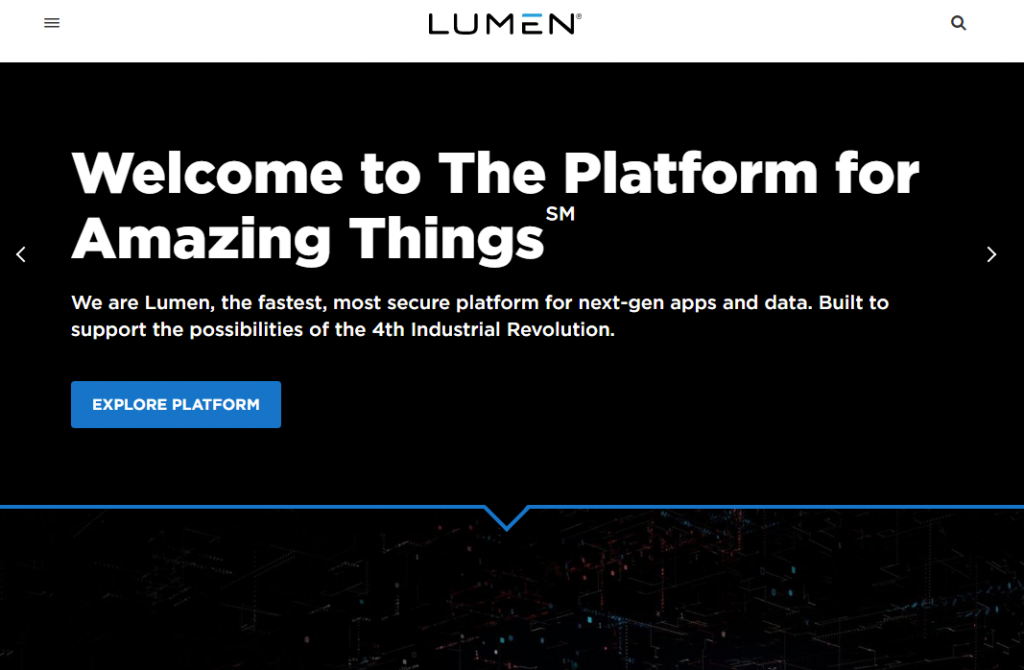
- Lumen, a microframework developed by Taylor Otwell, is a lighter, leaner, smaller, and faster complete web application framework. Lumen framework is faster and lighter than other frameworks and has a large community. It only has fewer configuration options and different parameters.
- It is a PHP micro-framework similar to Laravel, so if you’ve worked with Laravel before, you’ll feel right at home.
- It can be used to create APIs that support single-page applications, microservices, and other back-end services that require low latency and high performance.
How do we choose the best PHP framework for a project?
Many frameworks, including Laravel, Symfony, Codeigniter, and Yii, have entered the market since PHP tightened its grip on the programming world. While all of them aim to complete small and large web development projects more efficiently and quickly, it makes sense to thoroughly examine your project requirements before deciding on a framework. To some extent, all PHP frameworks are similar, but they differ in terms of performance, security, advanced features, and community support.
You can bookmark this post, and feel free to return to this list and help us find the best framework for your needs.
How can VOCSO help?
VOCSO is a leading provider of PHP website development services. Our dedicated PHP developers help businesses to build high-performance web applications with ease and flexibility. With our developers, businesses can build the most complex and sophisticated web applications quickly and easily.
With our vast experience in custom web development, we are able to create custom web applications that meet the specific needs of our clients. We pride ourselves on providing quality services that are reasonably priced.
Are you planning for a new web application development project? You can estimate the cost of your web development project with our free web application development cost calculator. VOCSO web application development cost estimator provides instant, accurate estimates for any project. It’s the perfect tool for businesses of any size who need to budget for web application development costs. We encourage you to try our cost estimator and see for yourself how easy and accurate it is.
Conclusion
Looking for the best PHP frameworks to use in 2022? Look no further than the list above. We’ve compiled the top 10 frameworks that are sure to make your life as a developer easier, faster, and more enjoyable. So what are you waiting for? Give one of these frameworks a try today and see how it can help you streamline your development process.


